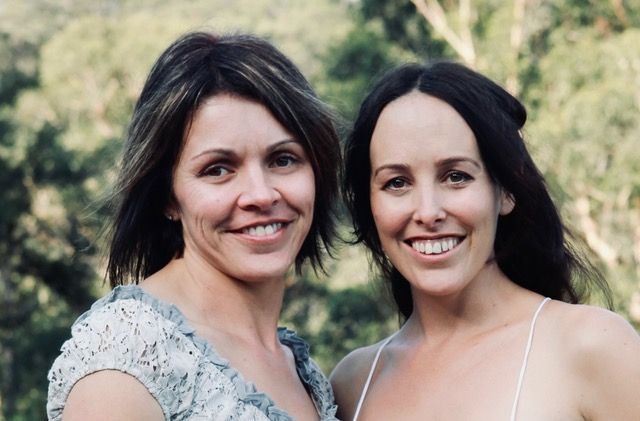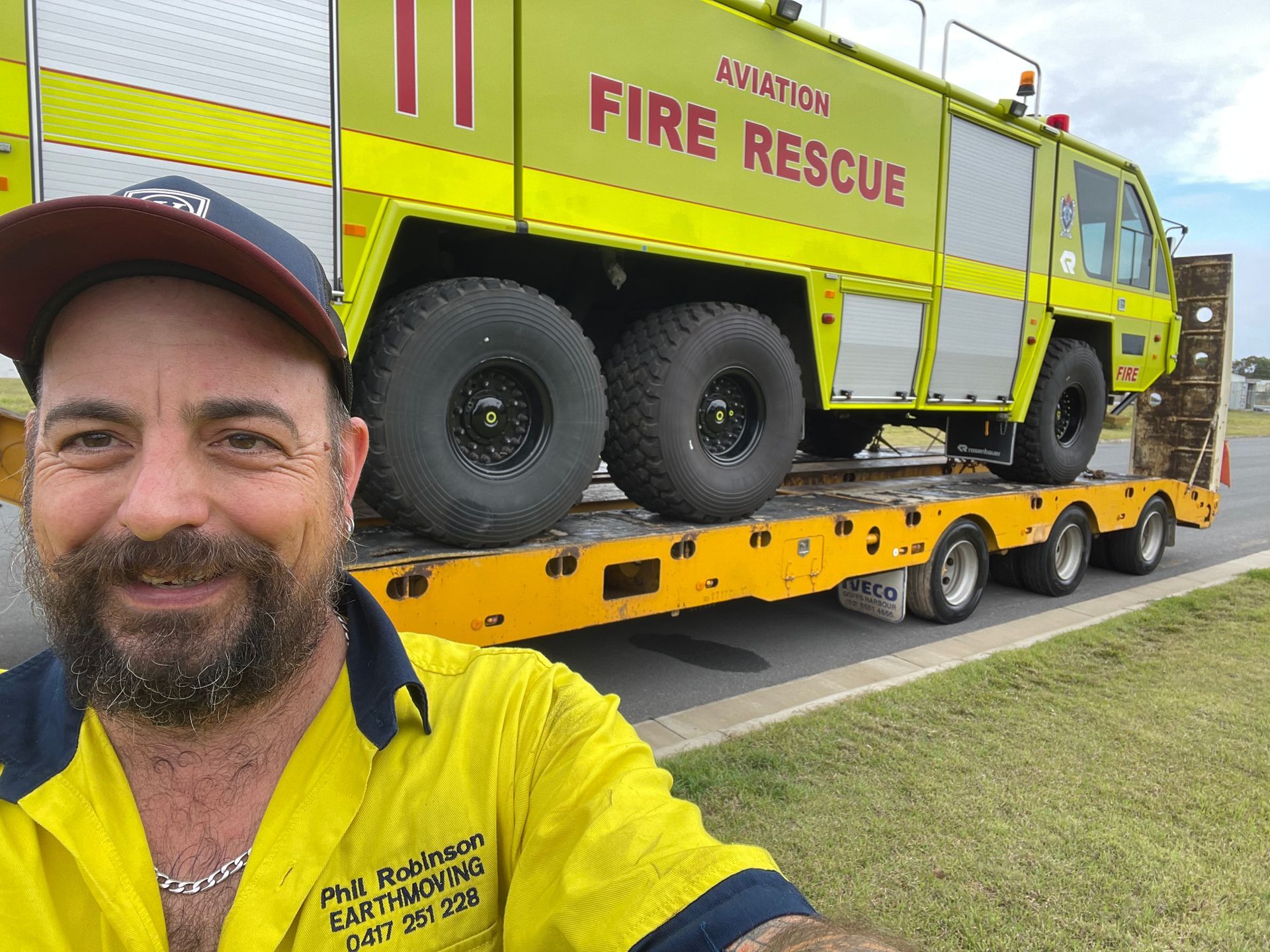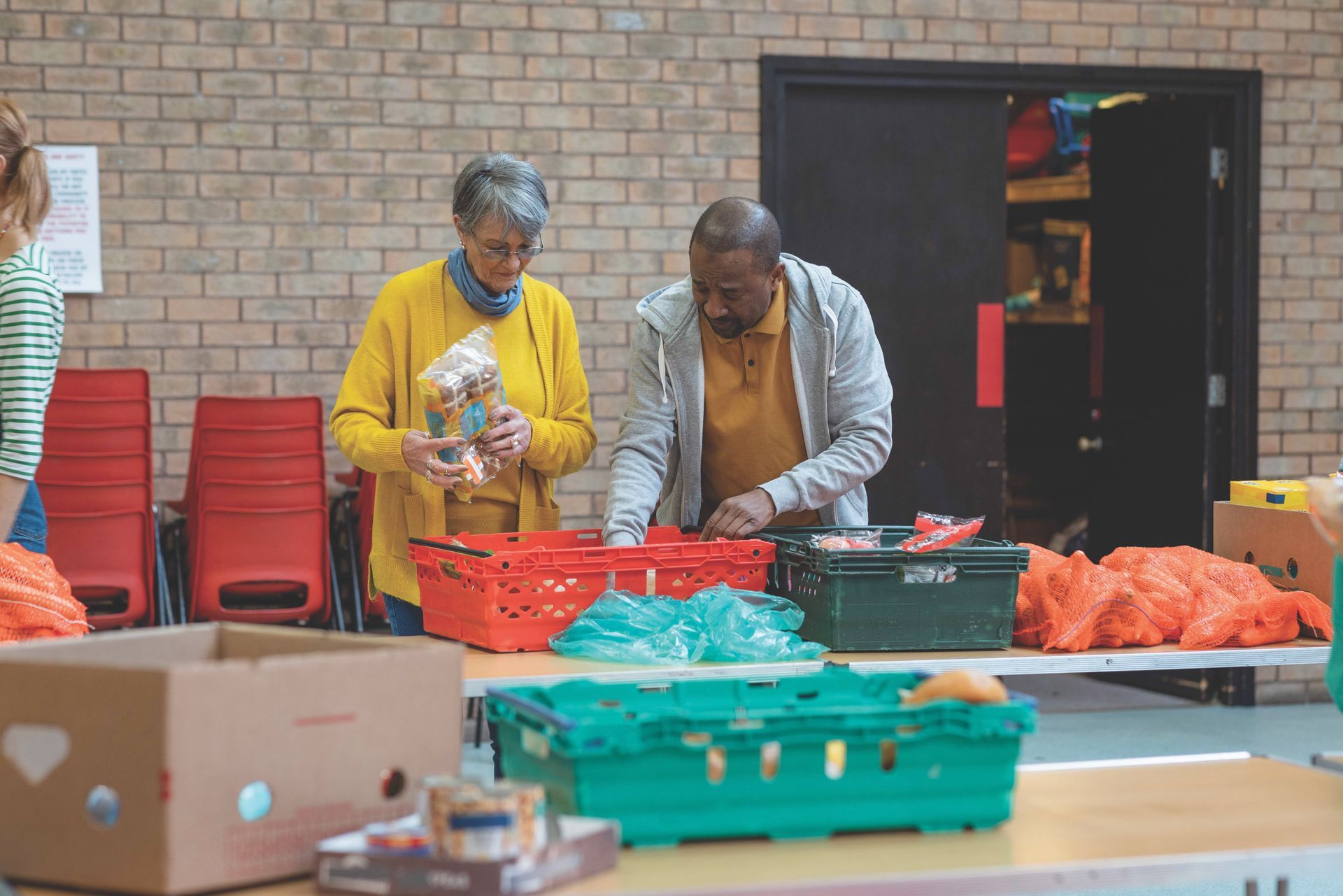You don't need to be an expert to make a difference
New research from beyondblue indicates people are concerned they don't have the skills to make a difference to someone experiencing suicidal ideation but those with lived-experience say they can.
The warning signs of suicide are sometimes
subtle but learning how to identify them and raise your concerns could help
change another person’s life – and you don’t have to be an expert to make a difference.
Ground-breaking new research from beyondblue has found that while few people express their suicidal thoughts directly to others, they often show signs through changes in their behaviour.
A national beyondblue-commissioned survey found everyday Australians want to help family and friends at risk of suicide, but are unsure how to identify and respond to the warning signs:
·50 per cent of participants believe assisting someone at risk requires the skills of a professional;
·40 cent of survey respondents believe suicide happens without warning;
·30 per cent believe most people at risk of suicide show no sign; and
·30 per cent believe discussing suicide could encourage a person to consider planning suicide.
beyondblue
CEO Georgie Harman said the fact
that half of the community think only a professional can make a difference is
both a concern and an opportunity.
“You don’t need to be an expert,” Ms Harman said. “There are simple things every one of us can do and say that can reduce suicide.”
“It’s natural for family, friends and workmates to worry about saying or doing the right thing if someone is feeling suicidal,” Ms Harman said.
“But people who have thought about suicide told us through the research that having someone listen to them and show care and support was the most important thing to them – and you don’t need to be a health professional to do that,” Ms Harman said.
R U OK? CEO Brendan Maher believes we’ve all got the resources to change this.
“Our eyes, ears and mouth are a set of resources that we all have that are too often held hostage by fear, shame and stigma. Yet this research shows that if we use them to identify the signs someone’s struggling and start a conversation with them, we could potentially save a life,” he said.
The non-verbal signs that indicate it’s time to reach out to someone include social withdrawal, a persistent drop in mood, disinterest in maintaining personal hygiene or appearance, uncharacteristically reckless behaviour, poor diet changes, rapid weight changes, being distracted, anger, insomnia, alcohol or drug abuse and giving away sentimental or expensive possessions.
Indirect verbal expressions include hopelessness, failing to see a future, believing they are a burden to others, saying they feel worthless or alone and talking about their death or wanting to die.
If you notice these signs take them seriously and follow R U OK?’s four steps:
·Ask R U OK?: Start the conversation. Asking open questions and mentioning the specific things that have made you concerned for them can help them open up.
·Listen with an open mind: Take what they seriously, don’t rush the conversation and encourage them to explain what’s going on for them.
·Encourage action: Help them think of actions and next steps they can take to help them better manage the load.
·Check in: Make a plan to connect with them again soon, if they’re really struggling follow up with them sooner.
If someone says they’re thinking of suicide it’s important to
take the comment seriously and not panic. Rachel Clements
is the Director of Psychological
Services at the Centre for Corporate Health (CFCH)
and
a member of the R U OK?
Conversation Think Tank.
She explains
how to approach someone who’s experiencing suicidal ideation.
"There
are three things to keep front of mind. Firstly, people who open up or disclose
thoughts of suicide have often chosen that person very carefully. So, if
someone opens up to you it’s a sign they trust you or see something in you that
resonates with them and has enabled them to come forward.
"Secondly, if they’ve opened up
it’s usually because they want help. They are already in the mindset of
reaching out and wanting support, so it’s your role to be the vehicle that
steers them in the right direction.
"Thirdly, it’s an invitation to
step into a conversation with them, so don’t shut it down even if you’re
uncomfortable,” she says.
If someone discloses thoughts of suicide, take them seriously and don’t leave the person alone. Explain that thoughts of suicide are common and that you would like to support them by connecting them with someone who can help. Ensure the person is connected with a treating practitioner such as a GP, Counsellor or Psychologist, where possible make the appointment with them. As an immediate measure connect them with the Suicide Call Back Service or Lifeline which provide crisis support.
If you think someone is at immediate risk call 000 and ask for an ambulance. Stay by their side whilst waiting for the ambulance to arrive.
Learn more about identifying and responding to warning signs of suicide here.
If you or a loved one need immediate support contact Lifeline on 13 11 14 for free 24/7 telephone crisis support. Other supports can be found at www.ruok.org.au/findhelp






















